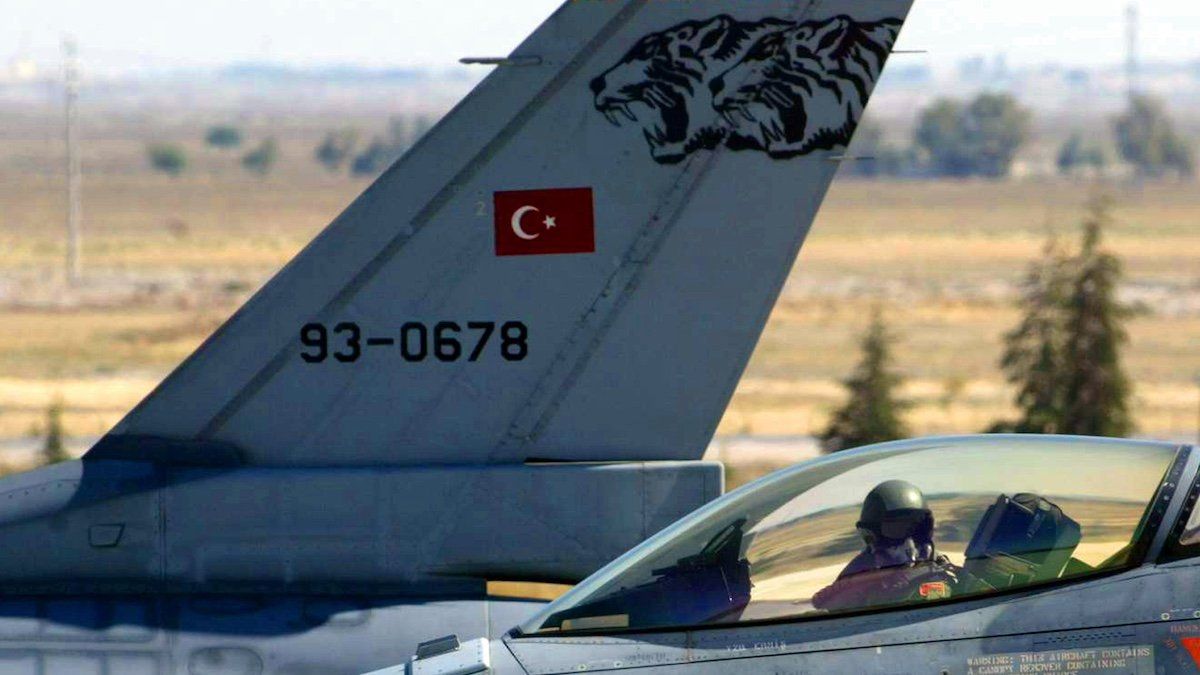Turkey gets F-16s, Greece gets F-35s, and Sweden gets one step closer to NATO
Alliances involve a delicate dance. Turkey’s parliament formally approved Sweden’s entry into NATO last week, finally removing the biggest impediment to Stockholm’s accession. In exchange, the US State Department has notified Congress it will now approve the sale of 40 F-16 fighter jets to Turkey, plus kits to modernize Ankara's existing “Vipers.” Not a bad deal, but Turkey really wants what its rivals/allies across the Aegean are getting: the F-35.
The Biden administration is moving forward with a $9 billion sale to Greece of 20 top-of-the-line Lockheed F-35 stealth fighter jets. Call it a perk of good relations. Turkey, on the other hand, lost its chance to buy the newest gear after purchasing Russian anti-air missiles in 2019, against strenuous American objections.
And there’s a lot at stake in the balance of air power between the two nominal NATO allies, as they dispute control over areas of the Aegean Sea. Starting in the 1990s, multiple dogfights between Greek and Turkish pilots have resulted in deaths, with the most recent in 2018. When the Greeks have been flying less capable French-made Mirage jets they have tended to get the worst of it, so leapfrogging over Turkey’s air power could shift the status quo in their favor.
Congress will have 15 days to review the deals. We’ll then have our eye on Hungary, the last remaining holdout against Sweden joining NATO. Considering Budapest has nowhere near the economic, military, or political heft of Ankara – and asked Stockholm for negotiations – we’re watching for a considerably smaller concession.
